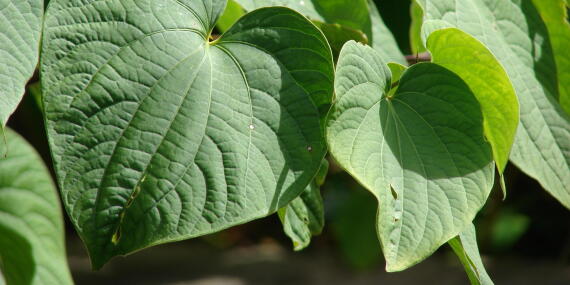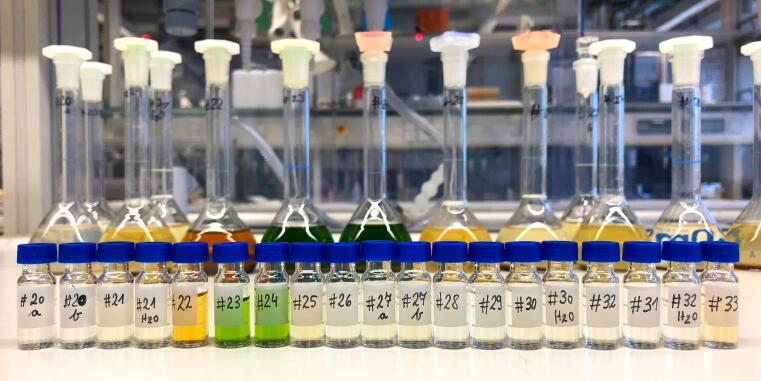

Report on Radio Station Q
Radio Station Q has published a report on the topic of ‘Botanical dietary supplements: heavily advertised, poorly regulated’.
You can find it here:
Herbal preparations (so-called "botanicals") are widely used in food supplements (FS) and are often labeled as natural. Although FS are not pharmaceuticals, a variety of claims are made (especially in the case of "botanicals") about their potential health benefits. Whereas in the case of medicinal products, manufacturers, distributors and authorities are legally involved in quality control, in the case of food supplements, manufacturers and distributors alone are responsible for compliance with food regulations (see link list). A control by the food monitoring authorities exists, but is often only insufficiently possible for this special market segment due to capacity reasons. The quality of "Botanicals" is intransparent for the consumer.
We have therefore launched the project "Quality assessment of food supplements - botanicals" in 2019. Selected product groups will be investigated and evaluated using validated analytical methods. The methods and results will be published in scientific journals. In addition, the results will be published on this website in the form of descriptive summaries in line with the "Open Science"- principles.
The project is currently being continued with the inclusion of further product groups. There are also plans to re-evaluate the two older studies (green tea and kava).

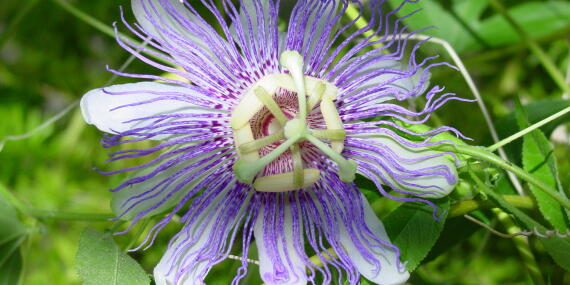
Passion flower
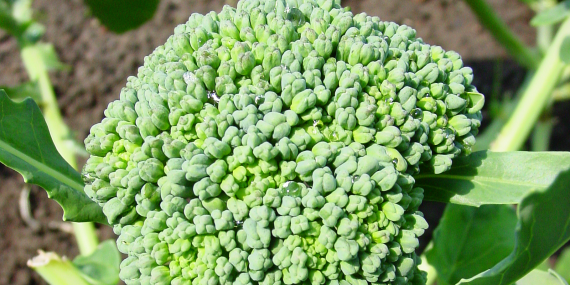
Broccoli
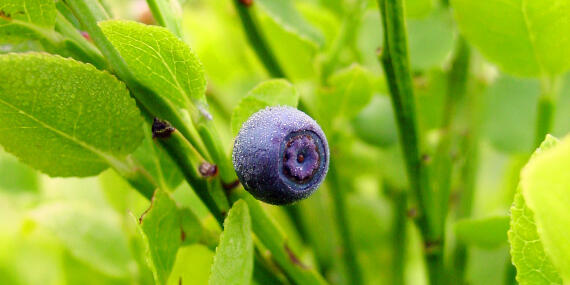
Bilberries
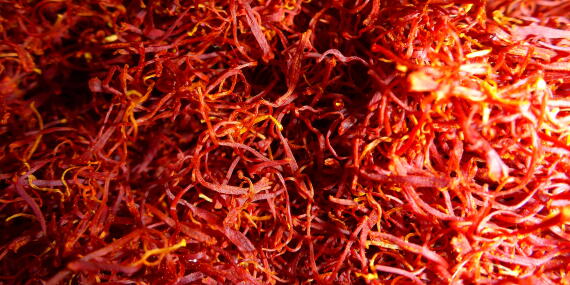
Saffron

D-Mannose

Green tea
